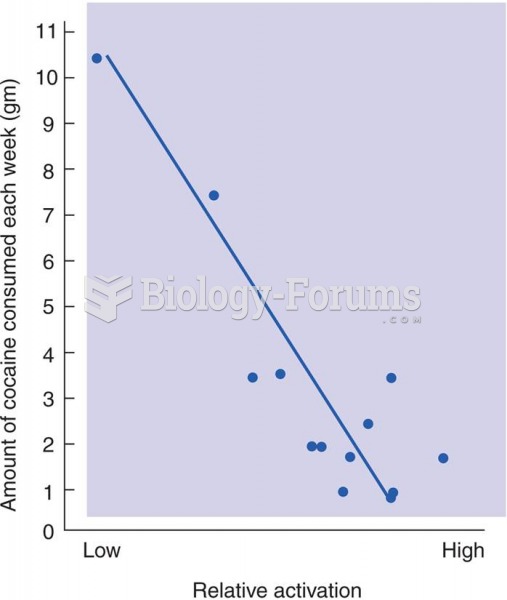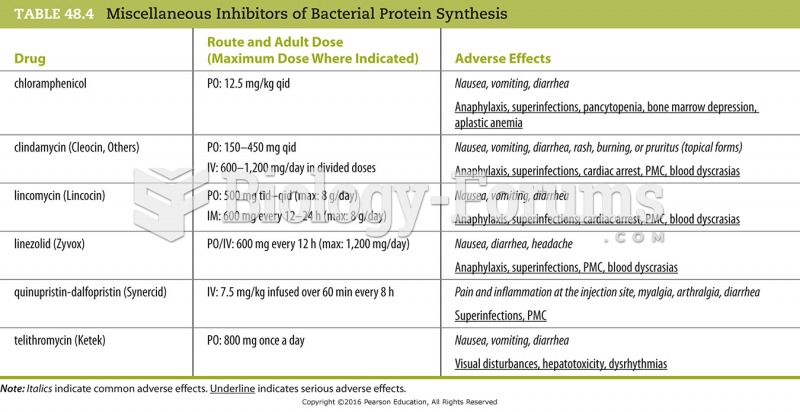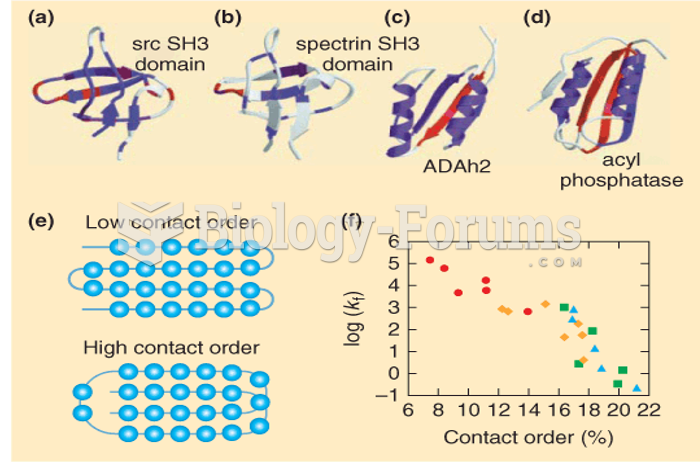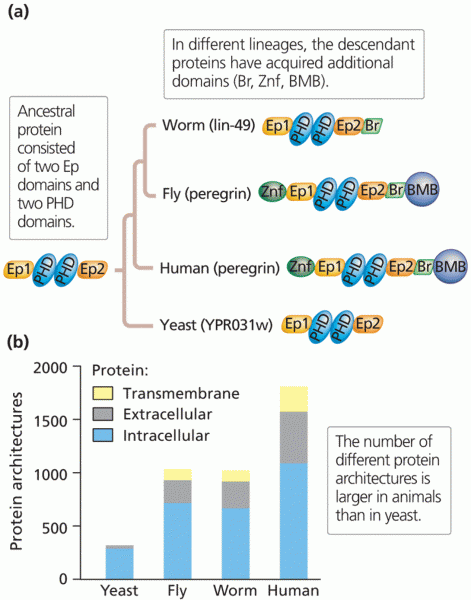Answer to Question 1
Calcium: Since most of the stomach is bypassed, there is a reduction in the gastric acidity that aids in calcium absorption, causing potential deficiencies and risk of osteoporosis. Additionally, calcium salts can form due to the malabsorption of fatty acids.
Iron: Iron is mostly absorbed in the duodenum of the small intestine. It also needs the acidity from the stomach, which is mostly bypassed in the roux-en-Y procedure, to aid in absorption. Therefore, iron may be malabsorbed and an iron deficiency may occur. Iron deficiency may lead to iron-deficiency anemia.
B12: B12 is absorbed in the ileum, but it requires intrinsic factor, which is released from the stomach. The stomach is mostly out of commission, so the absorption of B12 is affected. B12 deficiency may lead to pernicious anemia and a folate deficiency.
Protein: Since the stomach's capacity is very limited, the patient must restrict their food intake to about 2-4 Tbsp per meal. Protein should be taken first to help with satiety and to aid in healing after surgery. In case a person cannot tolerate the whole meal, it is important for protein-dense foods to be consumed so the person does not break down lean body mass when losing weight. Protein malnutrition may also lead to further edema and other micronutrient deficiencies.
Hydration: Hydration is key but liquid should be consumed between meals to minimize dumping syndrome. Hydration goes hand in hand with protein intake. With risk of dumping syndrome, excess water could be lost from diarrhea, so it is important to stay adequately hydrated to prevent dehydration. In addition, as one loses weight, water weight will be lost, making hydration very important.
Answer to Question 2
GFR measures the rate filtrate is produced collectively by each nephron.
A 24-hour urine collection and serum levels are used to measure creatinine clearance.
GFR is used to stage CKD.
Normal GFR is 120 mL/min.
A GFR of 4 mL/min/1.73 m2 is considered Stage 5 (Kidney failure).







